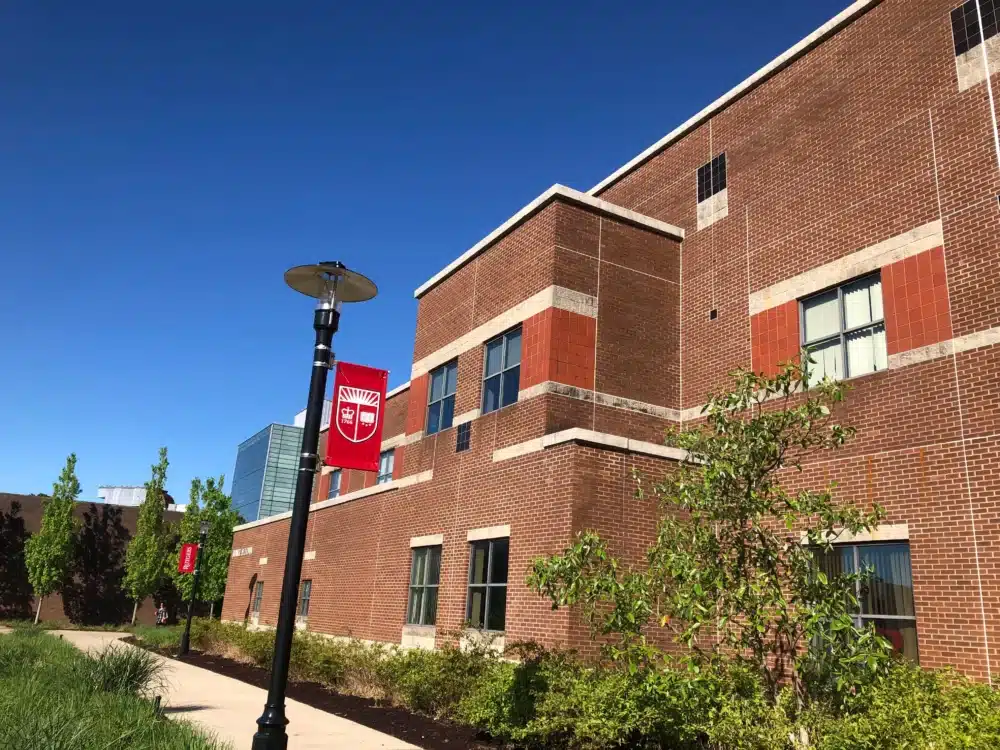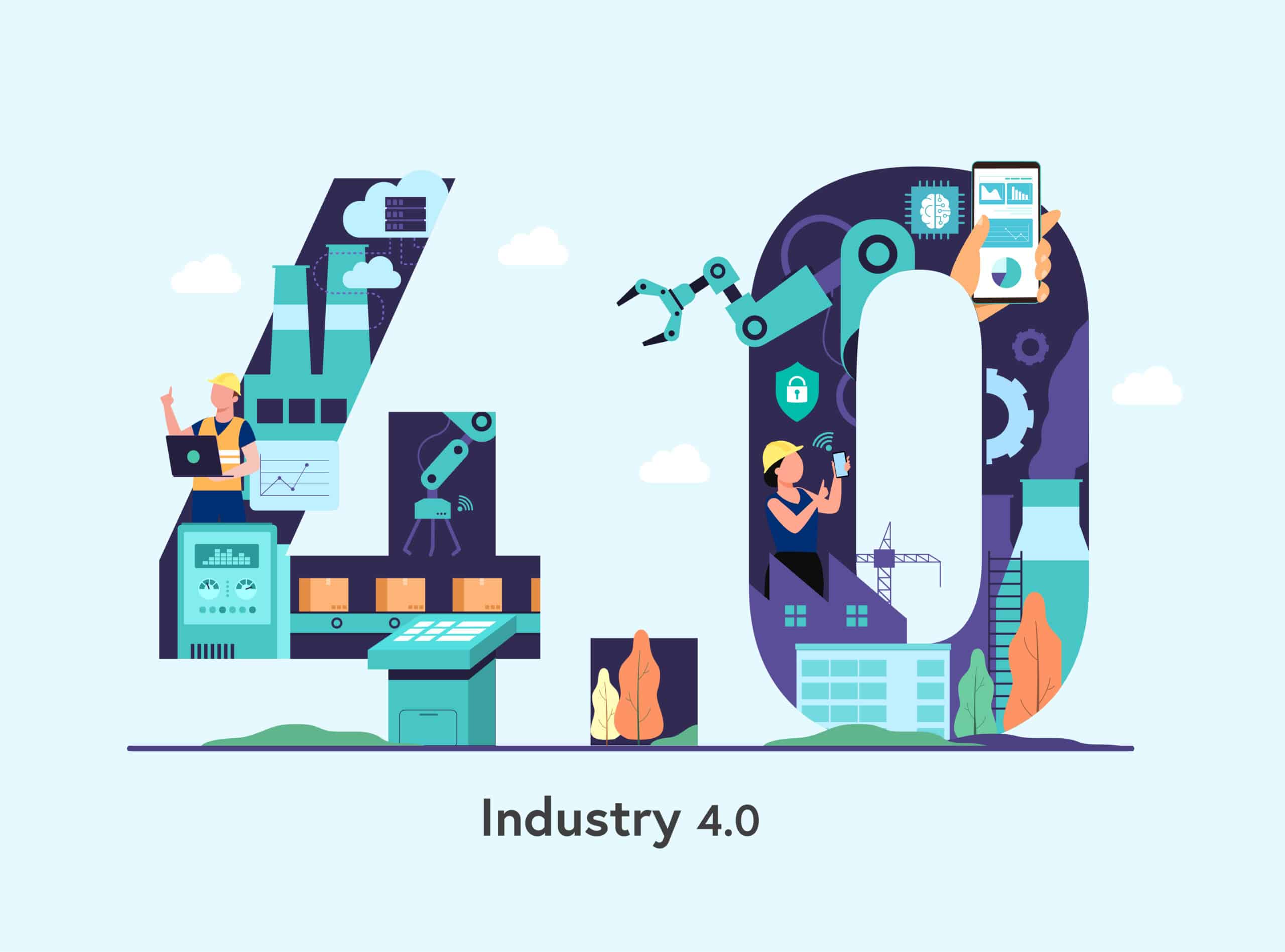Introduction to Masters in Human Resources and Industrial Relations
Welcome! Have you ever wondered about the pivotal role that human resources (HR) and industrial relations (IR) play in organizations? Well, you’re in the right place! In this article, we will delve into the captivating world of masters in human resources and industrial relations, exploring its definition, significance, and program objectives. So, let’s embark on this exciting journey together!

A. Definition and importance of the field
Human Resources and Industrial Relations encompass a multidisciplinary field that focuses on managing and optimizing the relationship between employees and organizations. It combines elements of psychology, sociology, management, and labor law to create a harmonious and productive work environment. By nurturing effective employee relations, HR and IR professionals ensure a well-functioning workforce, fostering employee satisfaction, and contributing to organizational success.
B. Overview of the program and its objectives
Now, let’s dig deeper into the Masters in Human Resources and Industrial Relations program. This specialized postgraduate degree equips students with the necessary skills and knowledge to navigate the complex landscape of HR and IR. The program aims to develop competent professionals who can effectively handle recruitment, talent management, employee development, labor relations, and conflict resolution.
By pursuing a Masters in Human Resources and Industrial Relations, you open yourself up to a world of opportunities where you can make a tangible impact on both individuals and organizations. Are you ready to unlock the power of people and productivity? Let’s continue our exploration!
Stay tuned for the next section, where we will uncover the numerous benefits of pursuing a Masters in Human Resources and Industrial Relations. Together, we’ll discover the immense value this program holds for your career growth and personal development.
Benefits of Pursuing a Masters in Human Resources and Industrial Relations
Are you ready to take your career to new heights? Pursuing a Masters in Human Resources and Industrial Relations opens a world of possibilities, offering a plethora of benefits that can transform your professional trajectory. Let’s dive into the advantages that await you:
A. Enhanced career prospects and job opportunities
With a Masters in Human Resources and Industrial Relations, you become a highly sought-after professional in the job market. Organizations across industries recognize the value of HR and IR experts who possess advanced knowledge and skills in managing human capital. This degree sets you apart from the competition, positioning you for exciting career opportunities and rapid career progression.
B. Development of specialized skills and knowledge
Immerse yourself in a comprehensive curriculum designed to equip you with the specialized skills and knowledge needed to excel in the HR and IR field. From strategic workforce planning to conflict resolution and negotiation techniques, you’ll gain a deep understanding of the intricacies involved in managing human resources and fostering positive employee relations. Employers value these skills, making you an indispensable asset to any organization.
C. Increased earning potential
Investing in a Masters in Human Resources and Industrial Relations can significantly boost your earning potential. HR and IR professionals with advanced degrees typically command higher salaries compared to those without such qualifications. As you enhance your expertise and demonstrate your value in the workplace, you can negotiate better compensation packages and enjoy the financial rewards that come with it.

D. Networking opportunities and industry connections
During your studies, you’ll have ample opportunities to network with industry professionals, faculty members, and fellow students. These connections can prove invaluable as you enter the job market or seek career advancement. Engaging in networking events, internships, and collaborative projects allows you to build a robust professional network, opening doors to mentorship, job referrals, and future collaborations.
Exciting, isn’t it? In the upcoming section, we’ll explore the curriculum and course structure of Masters in Human Resources and Industrial Relations. Get ready to discover the fascinating subjects and practical components that will shape your journey towards becoming an HR and IR expert.
Curriculum and Course Structure of Masters in Human Resources and Industrial Relations
A. Core courses and their relevance
In this section, let’s dive into the core courses that form the foundation of a Masters in Human Resources and Industrial Relations program. These courses are carefully designed to provide you with a comprehensive understanding of the field and its practical applications. Some of the core courses you can expect to encounter include:
Human Resource Management: This course delves into the fundamental principles and practices of effective HR management. From recruitment and selection to performance management and employee engagement, you’ll gain insights into the strategies and techniques that drive organizational success.
Labor Law and Employment Relations: Understanding the legal framework surrounding labor relations is crucial for HR and IR professionals. This course explores the legal rights and obligations of both employers and employees, equipping you with the knowledge to navigate complex employment issues.
Organizational Behavior: To effectively manage human resources, it’s essential to comprehend the underlying factors that drive individual and group behavior within organizations. This course examines topics such as motivation, leadership, teamwork, and organizational culture, enabling you to foster a positive work environment.
B. Elective courses and specialization options
Beyond the core curriculum, Masters in Human Resources and Industrial Relations programs often offer a range of elective courses that allow you to tailor your studies to your specific interests and career goals. These elective courses cover diverse topics such as:
Compensation and Benefits: Explores the design and implementation of reward systems to attract, motivate, and retain employees.
International and Comparative Human Resource Management: Provides insights into managing HR in a global context, considering cultural, legal, and economic factors.
Negotiation and Conflict Resolution: Equips you with the skills and strategies to handle workplace conflicts and negotiations effectively.
Additionally, some programs may offer specialization options, enabling you to focus on areas such as talent management, diversity and inclusion, or strategic HR planning. These specializations allow you to deepen your knowledge in specific areas of HR and IR, enhancing your expertise and marketability.
C. Practical components such as internships and research projects
To bridge the gap between theory and practice, Masters in Human Resources and Industrial Relations programs often include practical components such as internships and research projects. These hands-on experiences provide invaluable opportunities to apply your knowledge in real-world settings, gain practical skills, and build a professional network within the industry. Whether you’re working with HR departments in organizations or conducting research on HR-related topics, these practical components enrich your learning journey and prepare you for the challenges of the field.
Stay tuned for the upcoming sections where we will explore the admission requirements, career paths, and top universities offering Masters in Human Resources and Industrial Relations programs. Exciting insights await you!
Admission Requirements and Application Process for Masters in Human Resources and Industrial Relations
Are you ready to take the next step towards pursuing a Masters in Human Resources and Industrial Relations? In this section, let’s dive into the admission requirements and application process that will set you on the path to success.
A. Academic prerequisites and qualifications
To embark on this transformative journey, you’ll need to meet certain academic prerequisites and qualifications. Typically, universities offering Masters in Human Resources and Industrial Relations seek candidates with a bachelor’s degree in a related field, such as business, psychology, sociology, or human resources. However, some programs may consider applicants from diverse academic backgrounds.
Additionally, universities often require a minimum GPA (Grade Point Average) to ensure a certain level of academic capability. This criterion varies across institutions, so it’s essential to research the specific requirements of each program you’re interested in.
B. Application deadlines and procedures
Now that you’ve assessed your academic eligibility, it’s crucial to familiarize yourself with the application deadlines and procedures. Universities usually have specific deadlines for submitting applications, and it’s advisable to apply well in advance to secure your spot. Missing deadlines may result in your application being deferred to the following semester.
The application process typically involves submitting an online application form, along with supporting documents. These documents may include official transcripts, statement of purpose, letters of recommendation, and a resume or curriculum vitae (CV). Make sure to carefully follow the instructions provided by each university, as requirements may vary.
C. Required documents and recommendations
As part of your application, you’ll need to gather and submit various documents to showcase your qualifications and potential. These documents typically include official transcripts from your previous educational institutions, highlighting your academic achievements. Additionally, you’ll be required to write a compelling statement of purpose that outlines your motivations, goals, and how a Masters in Human Resources and Industrial Relations aligns with your career aspirations.
Furthermore, most universities will request letters of recommendation from individuals who can attest to your capabilities and potential for success in the program. These recommendations can come from professors, employers, or professionals who have closely worked with you and can provide valuable insights into your skills and character.
By understanding and fulfilling the admission requirements and application process, you can position yourself as a strong candidate for the Masters in Human Resources and Industrial Relations program. In the next section, we’ll explore the exciting career paths and job opportunities that await you upon graduation. Let’s continue this exhilarating journey together!

Career Paths and Job Opportunities for Graduates with a Masters in Human Resources and Industrial Relations
Are you curious about the diverse career paths that open up to graduates with a Masters in Human Resources and Industrial Relations? Let’s explore the exciting possibilities that await you in this dynamic field!
A. HR management roles in various industries
With your advanced degree, you can pursue HR management roles across a wide range of industries. Whether it’s in finance, healthcare, technology, or manufacturing, organizations across sectors require skilled HR professionals to lead their workforce. As an HR manager, you will be responsible for recruitment, employee development, performance management, and fostering a positive work culture.
B. Labor relations and employee advocacy positions
If you have a passion for advocating for employees’ rights and ensuring fair and equitable treatment, labor relations and employee advocacy positions are ideal career paths for you. In these roles, you will negotiate labor contracts, mediate disputes between employees and management, and champion employee welfare. Your expertise in HR and IR will be instrumental in creating an environment where both employees and organizations thrive.
C. Consulting and advisory roles in HR and IR
Do you enjoy problem-solving and providing strategic guidance? Consulting and advisory roles in HR and IR offer exciting opportunities to work with multiple organizations, helping them optimize their HR practices and navigate complex labor regulations. As a consultant or advisor, you will analyze organizational challenges, develop tailored solutions, and implement best practices to enhance employee engagement, productivity, and organizational effectiveness.
D. Academic and research opportunities
For those passionate about academia and research, a Masters in Human Resources and Industrial Relations can serve as a stepping stone towards a career in education or research institutions. You can pursue doctoral studies, contribute to cutting-edge research in the field, and shape the future of HR and IR through your findings and expertise. Academic roles also provide opportunities to mentor and inspire the next generation of HR professionals.
Exciting, isn’t it? The career possibilities with a Masters in Human Resources and Industrial Relations are vast and varied. The skills and knowledge you acquire throughout your program will empower you to make a meaningful impact in the world of work.
In the next section, we will explore the top universities and programs that offer Masters in Human Resources and Industrial Relations, providing you with valuable insights to help you make an informed decision about your educational journey. Stay tuned!
Top Universities and Programs Offering Masters in Human Resources and Industrial Relations
When it comes to pursuing a Masters in Human Resources and Industrial Relations, choosing the right university and program can significantly impact your educational experience and future career prospects. Let’s explore some of the top universities that offer exceptional programs in this field:
A. Ranking and reputation of leading universities
Cornell University – Renowned for its prestigious School of Industrial and Labor Relations, Cornell consistently ranks among the top institutions for HR and IR programs. Its multidisciplinary approach and strong industry connections provide students with unparalleled opportunities.
University of Illinois at Urbana-Champaign – The Labor and Employment Relations program at UIUC is widely recognized for its comprehensive curriculum and emphasis on practical skills. The program’s strong ties to corporations and labor organizations offer valuable networking and internship prospects.
University of Minnesota – The Carlson School of Management at the University of Minnesota offers a comprehensive HRIR program that integrates theory, research, and hands-on experience. Its strong alumni network and close collaboration with industry leaders ensure students are well-prepared for the job market.
B. Program highlights and unique features
Michigan State University – Known for its innovative approach, MSU’s School of Human Resources and Labor Relations offers cutting-edge programs that emphasize strategic HR management and labor relations. Students have the opportunity to engage in real-world projects and benefit from close industry partnerships.
London School of Economics and Political Science – LSE’s MSc in Human Resources and Organizations program provides a global perspective on HR and IR. With its strong research focus, students gain insights into emerging trends and challenges in the field.
C. Alumni success stories and industry partnerships
Harvard University – Harvard’s HR and IR program boasts an impressive roster of successful alumni who have excelled in leadership roles across various industries. The university’s extensive network and collaborations with renowned organizations create valuable opportunities for students.
Pennsylvania State University – Penn State’s Smeal College of Business offers a highly regarded HRIR program. Its strong ties to industry professionals and alumni network facilitate internships, mentorships, and job placements.

These are just a few examples of esteemed institutions offering Masters in Human Resources and Industrial Relations programs. Remember to research and consider factors such as curriculum, faculty expertise, industry partnerships, and alumni success when choosing the right program for your educational journey.
In conclusion, pursuing a Masters in Human Resources and Industrial Relations from a top-ranked university can open doors to rewarding career paths and equip you with the knowledge and skills needed to thrive in this dynamic field. Remember to visit industry.vdict.pro for more valuable insights and information on this exciting discipline.





